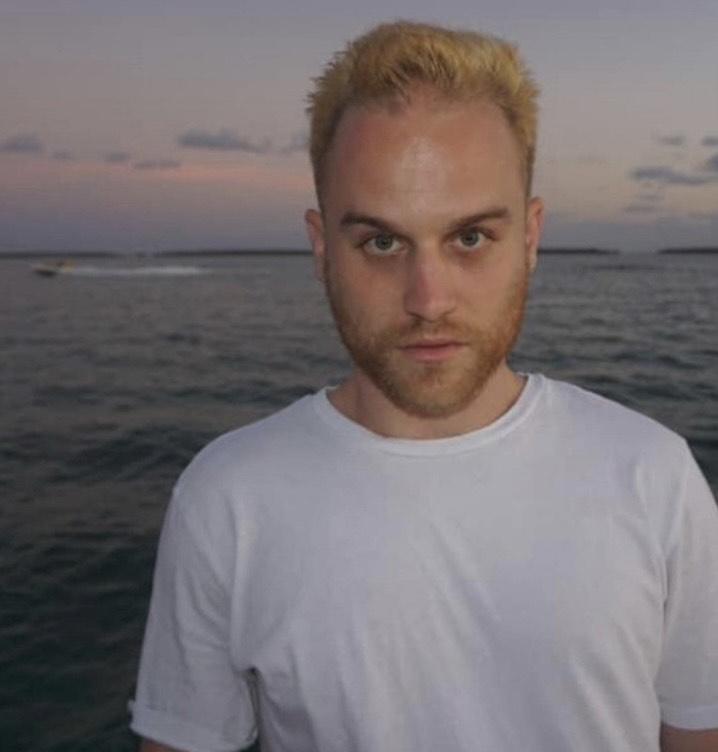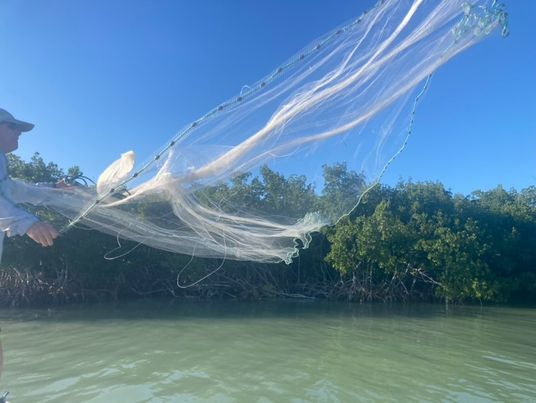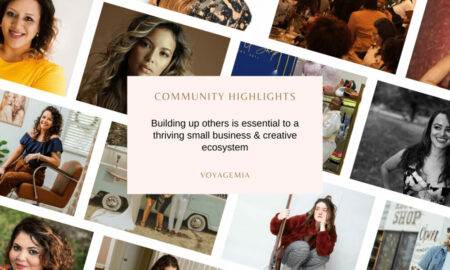

Today we’d like to introduce you to Andrew Hanson.
Hi Andrew, we’re thrilled to have a chance to learn your story today. So, before we get into specifics, maybe you can briefly walk us through how you got to where you are today?
Well, there are a few different threads that have brought me to where I am as a poet, following in the path of my great-aunt Vivian Laramore Rader, and an attorney, representing low-income and working class clients in their struggle to assert their rights in our society. I was born in Miami and lived most of my life in North Miami. I went to high school at Chaminade-Madonna, a Catholic high school in Hollywood, Florida. While there, I had the opportunity to take a literature class with Mr. Heffernan, an eccentric English teacher who was and continues to be an excellent inspiration to students. He introduced students to the work of James Joyce, as we read Dubliners and discussed it. Joyce’s dashing prose swept me up and his melancholic and complex imagery challenged me as a high school student. And I took up this challenge. From there, I read <i>A Portrait of the Artist as a Young Man</i> and eventually <i>Ulysses</i> by the end of high school. Although I certainly did not understand everything that I was reading, this was my initiation into the world of learning. I also began writing poetry while voraciously reading whatever poets I could find on the internet. Little did I know that this initiation into the world of literature would propel me to the halls of Oxford where I presented my work on the imagery of a late medieval manuscript and its relationship to scholasticism at a conference. That was one of the high points of my experience as a roving academic studying Medieval Literature at the University of London (UCL).
Although I deferred my aspirations to complete a PhD in English literature, I practice law right now as an attorney and continue to voraciously read poetry, philosophy, history, psychology, etc. In my opinion, an attorney is not representing his or her client well without an understanding of the connections between law, society, language, and history, since all of these factors are at play in any given case.
In addition to this experience of academia that propelled me into poetry and the intellectual world, I grew up careening across the Atlantic, Caribbean, and Gulf of Mexico because my father is a commercial fisherman. I vividly remember spearfishing through underwater reefs in the Bahamas and loading up boats with literal tons of crab and lobster traps. You could bet that if the Hanson family exited Haulover inlet, the boat would return loaded down with a thousand pounds of Kingfish and Mackerel. A living testament to this legacy is Captain Jim’s Seafood restaurant in North Miami, which was founded by my dad, James “Jim” Hanson. Although my dad has retired from the seafood business, he still spends most of his time on the boat because he is so obsessed with fishing.
Fishing, especially at the commercial level, is extremely physically demanding. Nary a fisherman exits the profession with their backs fully intact. As such, growing up fishing was one of the most formative experiences I’ve had. Yes, it taught me what work is, but it also became the basis of much of my early poetry and contributed to my passion for serving working class people.
As a physically demanding profession, one might think fishing to be a profitable pursuit, since it winnows out those without the determination. But that is not the case. Many captains maintain only a modest living for themselves despite the difficult work, and those working as mates rarely can even afford to live in South Florida. I have a keen memory of working alongside great fishermen who had never had bank accounts, never owned a home, and often were rough-sleeping, i.e., sleeping on the streets. At one point, I had the epiphany that many of the people providing the fish to Miami’s glitzy restaurants could rarely afford Miami itself. That was a contradiction that I have shouldered until today, and, after I completed my J.D. and received certification as an attorney, I sought to contribute to the solution. I work at a legal aid firm that provides free legal services to poor and working class people.
Alongside my passion for improving the conditions of working class peoples, I also spend my free time writing poetry. Poetry is another way that I confront the contradictions of society, my past on the ocean, and my intellectual life. My poetry has been published by <i>Spectrum Literary Journal, Pembroke Magazine, The Hong Kong Review</i> and more. It was also nominated for a Best of the Net award and the Scottie Merril Poetry award. “You Can Build It” is my most recently published chapbook, out with Ghost City Press, while “This Warehouse Manufactures Thirst” was published last year by Bottlecap Press.
Poetry is not exclusively a solitary pursuit: I was also happy to re-found the Vivian Laramore Rader Poetry Group, a poetry group that my great aunt, Vivian Laramore Rader, pioneered in Miami decades ago. She was the first woman poet laureate of Florida and had a colossal influence on the poetry scene of South Florida and Florida generally. It was thus an honor to revive this group alongside a handful of plucky poets from around the country.
Alright, so let’s dig a little deeper into the story – has it been an easy path overall and if not, what were the challenges you’ve had to overcome?
I have been through a lot of different challenges throughout my life. However, the truth is that I have been lucky, or privileged, or a bit of both, to have a family that supports me. I can point to two different but connected traumas that have deeply affected me and continue to do so. The 2008 financial crisis battered my family, slipping the rug from out under the economic security of my psyche. If I can use a literary metaphor here, I would say that the time period before the 2008 financial crisis was Edenic for my family, with the crisis ushering in a period of exile. The crisis destabilized my family and introduced a level of economic precarity that I had never experienced before. As such, it hung over my psyche for years, and, for the first time, I felt worried about the economic position of my loved ones. My family had greater networks of support that crawled us through this period at the same time. Certainly, the experience of my family, as middle-class, was not so severe compared to what poor and working class people go through on a more regular basis. Yet, this was a challenge that threatened to drown me in despair. Tied into this experience, some of the members of my family suffered through bouts of severe addiction. For example, one of my family members remained on a drinking binge for a couple of years, while another member of my family had problems with opiates and lived on the streets. They are both recovered and doing well so I can write about it without trouble. In fact, they have established themselves as pillars of support in the community for those who experience addiction. These were some of the real challenges that my family and I faced. Right now, we are not experiencing these issues, but looking back on my past I can see how these hardships have given me a keen awareness of what the streets are here and what the majority of Americans go through. The experience cuts through many of the discourses about life in the United States and grounded me in material reality. In the end, I am endlessly grateful to my family, my friends, and what I consider to be God, that I am where I am, and once you recognize the grace of those around you, you recognize that it is your real job to champion the community, especially the weak, the dispossessed, and the excluded. I am especially thankful to my mom, Raegan Hanson, who raised my siblings and I and spent all the time and money she could to ensure that we become upstanding people in society.
We’d be interested to hear your thoughts on luck and what role, if any, you feel it’s played for you?
What is the role of luck in my story? I recognize that it is beyond me to understand how I was born into such a great family and surrounded by great friends. It is also beyond me that I was born into a middle class context in the United States before the 2008 stock market crisis and COVID pandemic. These are occurrences that could be described as luck, or, if one is more religiously inclined, the will of a divine being. I do not have evidence for this, and I do not pretend to understand how luck works. I am here, and I am thankful.
Contact Info:
- Website: https://www.pw.org/directory/writers/andrew_rader_hanson
- Instagram: https://www.instagram.com/thedailydrew305/reels/













